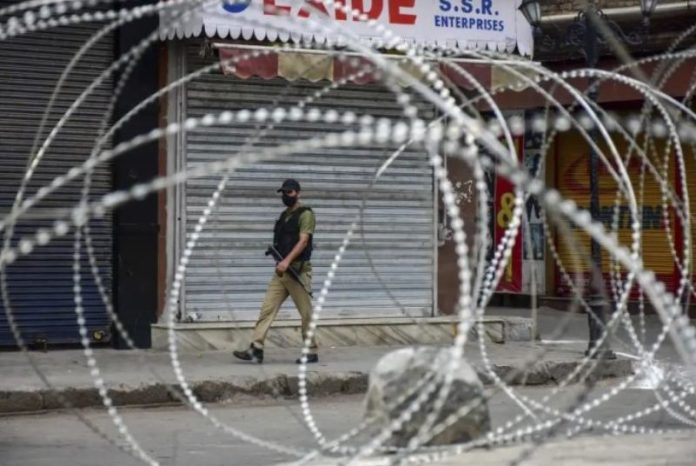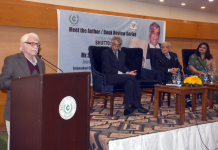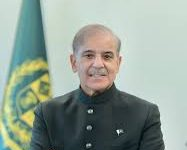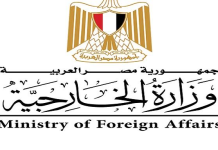ISLAMABAD, Oct 12 (APP/DNA): In Indian illegally occupied Jammu and Kashmir, the Modi-led Indian government is systematically using digital technology as a tool of repression to silence dissent and intimidate the Kashmiri population, according to human rights defenders.
According to Kashmir Media Service, since the revocation of occupied Jammu and Kashmir’s special status on August 5, 2019, India has significantly expanded its surveillance apparatus throughout the region, turning digital repression into a key tool of political control.
From frequent internet shutdowns to intrusive monitoring of social media activities, the occupying authorities have created a stifling atmosphere where every online action of Kashmiris is closely watched.
Human rights activists and journalists report that Kashmiris live under constant digital surveillance. “Our phones are inspected at checkpoints, workplaces and even during random street searches,” said a journalist based in Srinagar.
“Authorities have full access to our social media accounts, and even a single post criticizing the occupation can result in arrest.”
Indian police and paramilitary forces routinely confiscate mobile phones, scan private messages, and interrogate individuals about their online activities.
Numerous youths, students, and journalists have been charged under harsh laws such as the Unlawful Activities (Prevention) Act (UAPA) simply for sharing political opinions or reposting content critical of India’s occupation of Kashmir.
Observers point out that the Indian government has granted its agencies broad powers to monitor, detain, and prosecute social media users. Platforms like Facebook, X (formerly Twitter), and Instagram have faced pressure to comply with data requests from Indian authorities, enabling targeted action against Kashmiris who express dissent online.
Digital rights groups including Access Now and Amnesty International have repeatedly warned that India’s sweeping surveillance in Indian Illegally Occupied Jammu and Kashmir (IIOJK) violates fundamental rights such as freedom of expression and privacy.
The UN Special Rapporteur on Freedom of Expression has condemned India’s digital crackdown in Kashmir as “disproportionate, discriminatory, and punitive.”
Kashmiris, human rights organizations, and diaspora groups have called on the international community to urgently address India’s expanding digital authoritarianism in the occupied region.
They urge the United Nations and global human rights watchdogs to pressure New Delhi to end its invasive surveillance practices and restore digital freedoms in IIOJK.

















